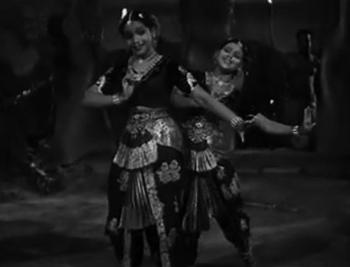This post had been written up before the violence referred to in my previous post had occurred. Back then, Shaheen Bagh—and similar women-dominated anti-CAA/NRC/NPR protests across India, all inspired by Shaheen Bagh—had been foremost in my mind). Though the violence in Delhi, and now Coronavirus, seem to have pushed Shaheen Bagh to the back burner, it seemed to me a still appropriate post for Women’s Day.
The escalating lawlessness and intolerance has been a matter of grave concern over the past few years. Every act, every statement that questions the establishment, no matter how logically or innocuously, seems to be an invitation to more violence. It takes courage to even speak up now.
This is why the women of Shaheen Bagh (and, by extension, their sisters in other parts of the country) who have been sitting in peaceful protest to push for love and harmony have my vote. These are women who may have been ‘mere housewives’ earlier, but have come out of their homes to speak up against what is wrong. They are an inspiration, a now-potent symbol of how powerful women can be if they speak up. They can draw others to their cause (as the women of Shaheen Bagh have done); they can inspire others; they can frighten bullies.
So, in admiring tribute to the brave women of Shaheen Bagh—and women everywhere, from Greta Thunberg to Rosa Parkes—who dare to go against the establishment: a list of ten songs featuring women showing they won’t sit back and be docile doormats. Women who speak up, who question the status quo, who dare to go where others fear to venture. Eventually, too, filmi females who dare to sign of freedom, who don’t meekly knuckle down and sing bhajans or romantic songs or lullabies (which, I discovered when I got deep into researching this post, seem to be the most obvious choice of songs sung by onscreen females. The men, overwhelmingly, are the ones who spout philosophy or sing cynical songs, or tell the world to go take a walk). Women who assert their individuality.








